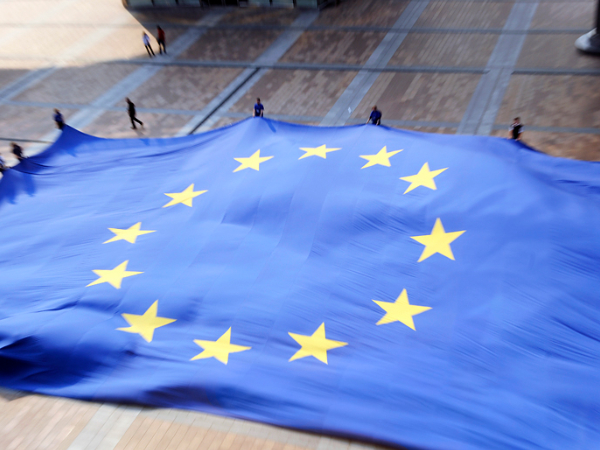Topic: How people make decisions
A common-sense understanding of why a person behaves in a certain way – buys apples, studies for exams or votes for a politician – holds that they do it to gain a benefit. They weigh the cost of making an action (price of apples, effort to study) and the benefits (tasty snack, good knowledge and grade) – and if the benefits are bigger than the costs, then they perform the action. This is the cost-benefit model of decision-making.
If we apply this model to concrete cases, we can see how it helps us understand and predict the behaviour of people. Take Brexit – the decision by politicians and the majority of the active voters of the United Kingdom to leave the European Union. According to this model, a person would weigh the costs and benefits of the UK’s membership in the EU and would choose or vote accordingly. If the information at the moment of decision-making is incorrect or incomplete, the person would reconsider her decision once better information becomes available. The war of aggression against Ukraine that the Russian Federation started in February 2022 is another example. The benefits of starting the war would need to outweigh the costs; otherwise, it should not be initiated.
Yet, in both cases, if a calculation of costs and benefits for most involved groups had taken place, no action would be taken. Brexit is considered by most economists and political scientists to bring little benefit to the UK, and the war against Ukraine – to Russia. What is more, even with time and the costs of the decision becoming more evident and visible, decision-makers (politicians and voters alike) are not reconsidering their decision and insist they were right to act as they did. What is going on?
